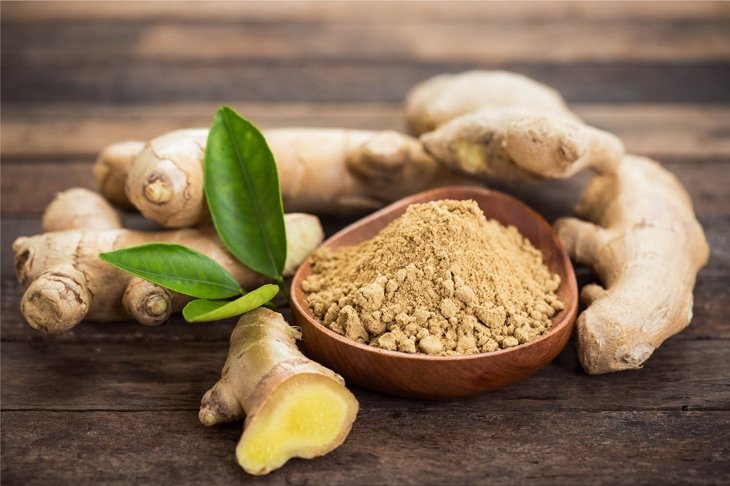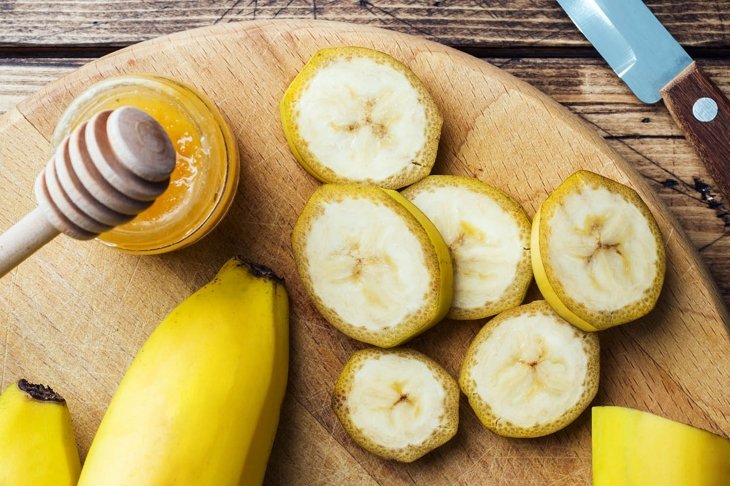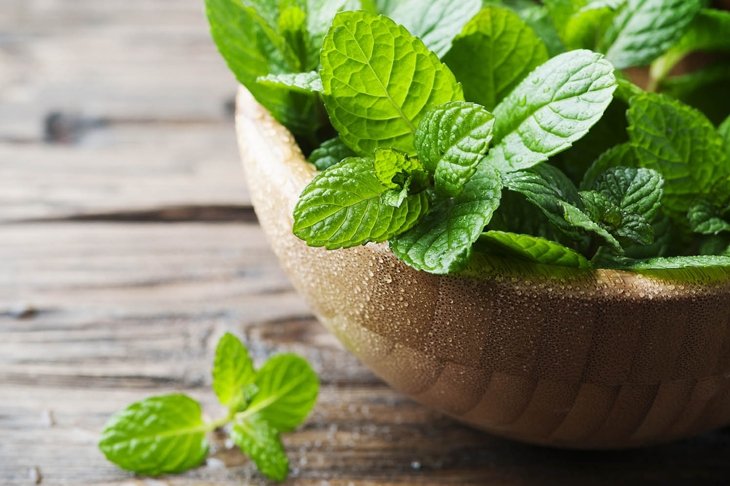
How many times have you felt uncomfortably full after a meal? Perhaps you’ve had nausea or even a burning sensation? If so, you\’ve likely experienced indigestion. This wouldn\’t be unusual considering that one in every five US adults has experienced indigestion in the past year.
It’s a common condition, characterized by burning, discomfort, or excessive fullness in the abdomen, usually after eating a meal. Before you start worrying—indigestion isn’t considered dangerous. But it can be annoying and painful, and so understandably, getting a handle on it can help to boost your quality of life.
Keep reading to learn everything you need to know about indigestion, and the most effective ways to treat and prevent it, naturally.
01
What is indigestion?

Indigestion, also referred to as dyspepsia, is a collection of digestive symptoms. It’s characterized as heartburn, uncomfortable fullness in the upper abdomen, bloating, or excessive burping after eating.
Oftentimes, it’s nothing to worry about—so no need to seek medical help next time you feel bloated after eating! But it can be due to an underlying condition, so if you constantly experience serious indigestion, it might be a good idea to get it checked out to rule out anything else.
02
What causes indigestion?

As with all health conditions, there are a number of causes that contribute to indigestion. It can be caused by an underlying gastrointestinal disease or condition, like
- irritable bowel syndrome
- peptic ulcer disease
- gastroesophageal reflux disease (GERD)
Fortunately, most cases of indigestion are not caused by these chronic conditions, but are, in fact, preventable! Indigestion in the general population can be caused by common, everyday habits that you may not be aware are impacting your digestive health. These common causes of indigestion include
- eating too fast
- caffeine—especially on an empty stomach
- stress
- smoking
- drinking carbonated beverages
- eating spicy food
By making simple, easy, and effective adjustments to your diet and lifestyle, you can treat and prevent indigestion to feel comfortable and content after eating.
03
Eat slowly

It can be tempting to devour a sandwich on the way to your next meeting. But the speed at which you eat can make a huge difference to how easily the food goes down. Whether it’s due to your hectic schedule or distractions from your smartphone, people are eating more quickly than ever, and unfortunately, research has linked this to overeating, obesity, and indigestion.
So what causes this? When you eat quickly, stomach acids move into the esophagus which can cause heartburn. Similarly, when you eat quickly you can override your body’s fullness signals. This is because it takes up to 20 minutes for your stomach to transmit leptin, the satiety hormone, to the brain. So slooooow down!
04
Add ginger

Ginger is a magical food in traditional eastern medicine, and for good reason. Ginger reduces stomach acid, which is a feature of indigestion. Drinking ginger tea after eating has been shown in research to soothe abdominal discomfort. A systematic review of clinical trials concluded that adding ginger to the diet reduces the frequency and intensity of gastrointestinal disorders. Plus, it’s a powerful anti-inflammatory agent!
05
Learn your triggers

Just because your friend can crush a ton of spicy food without a problem, doesn\’t necessarily mean it will be the same experience for you! Certain foods are considered triggers for indigestion. These include
- spicy foods
- greasy foods
- alcohol
- caffeine
- stress
You probably aren’t keen on cutting all these items from your diet, and you don\’t have to! Instead, try writing a food journal and noting what foods you ate before getting indigestion to try and understand if there’s a pattern. This is an easy way to locate the culprit without restricting yourself.
06
Manage stress

Rates of stress and anxiety are higher than ever, particularly in the face of a global pandemic. These mental health conditions are also major contributors to indigestion. There are a number of mechanisms for this, including
- an increase in muscle tension which can cause abdominal pain and acid reflux
- increase stomach acid production
- a depletion of prostaglandins—the substances responsible for protecting the stomach from excess acid.
If you are experiencing indigestion and think that stress or anxiety might be to blame, it\’s time to take some time for yourself to relax. Some evidence-based ways to manage stress include herbal remedies, mindfulness, meditation, spending time in nature, and yoga. Other than that, try practicing some self-care! Whether it\’s taking a long bubble bath or laughing at your favorite movie, try to relax, restore, and revive!
07
Try yoga

Following from the last point, yoga has been shown in research to combat indigestion. A study published by the International Journal of Yoga observed the effects of yoga in a group of participants with GERD, a condition in which indigestion is the dominant symptom.
The researchers found that yoga reduced symptoms of GERD by reducing stomach acid, promoting blood and fluid flow, and minimizing markers of stress like heart rate. The researchers concluded that, “yoga decreases the stress response of the digestive tract [which] be seen as a potential treatment option.
08
Drink peppermint tea

Not only does peppermint tea taste refreshing, but it may also help treat and prevent indigestion.
For example, a 2017 review of clinical trials found that when individuals with gastrointestinal symptoms like indigestion were given peppermint oil, it reduced the intensity and frequency of their pain and discomfort. Drink a cup of peppermint tea after your meal, and you may just have found the solution to your indigestion!
09
Eat digestive enzymes

Digestive enzymes are proteins that help you break down nutrients in the foods you eat. Specifically, amylase, lipase, and protease—which break down carbohydrates, fats, and protein respectively. Indigestion can be caused by eating too quickly or too much, which puts a strain on your digestive system.
Adding additional digestive enzymes prior to eating can help to give your system the support it needs. You can take a digestive enzyme supplement that mimics the natural proteins. Alternatively, you can eat more digestive enzyme-rich foods like pineapple, kimchi, mango, honey, and bananas.
10
Final thoughts

When our bodies or minds gets stressed—whether due to emotional stress or physiological triggers—indigestion can often be the outcome. Luckily, it can be prevented and treated by adjusting some of your daily habits. That doesn’t mean you need to override your current diet or lifestyle. It just means adding in some of nature’s helpers: digestive enzymes, ginger, and peppermint, eating slower, moving more, and taking time to relax your mind and body.
We hope this article has given you some inspiration on how to treat and prevent indigestion naturally. Good luck!
















